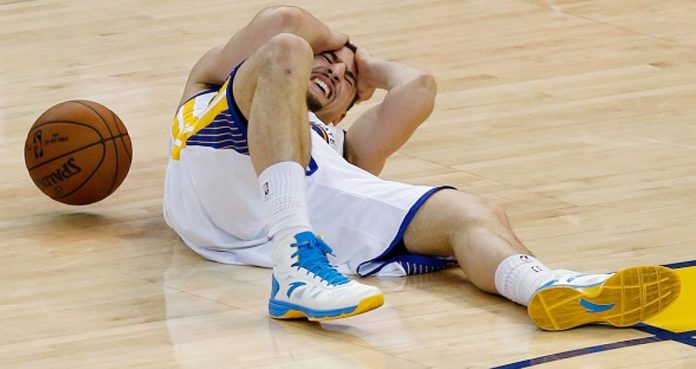A new study published in the Journal of Affective Disorders has found that sports-related concussions in high school students could increase the risk of suicide.
Researchers from the University of Texas Health Science Center at Houston (UTHealth) examined the association between self-reported concussion history and suicide risk. They found that concussion was associated with an increased risk of suicide and depression in adults.
The U.S. Centers for Disease Control and Prevention (CDC) says suicide is the second-leading cause of death in Americans ages 10 to 34.
Lead study author Dale Mantey said, “It’s important to remember that when it comes to concussions, there’s no visual test to confirm them. Unfortunately, you can’t take your child to have a lab test done to diagnose one.”
Headache, confusion, change in mood and loss of consciousness are the common symptoms of a concussion.
The researchers examined more than 13,000 high school students who were asked whether they had a sports-related concussion in the last year, along with a wide range of questions to understand their possible suicidal behaviors. They found that more than 15 percent of participants reported having a sports-related concussion.
The study found that students who reported concussions were more likely to have depression and suicidal thoughts. Among students who received a concussion, 36 percent reported feeling sad or hopeless and around 21 percent reported having suicidal thoughts, while some reported suicidal attempts.
Senior study author Steven Kelder said, “Concussions are a traumatic brain injury and they are even worse for young people with developing brains. These injuries can have long-term effects such as memory issues and sleep disturbances.”
Mantey said, “Everyone needs to be aware of the warning signs and the risks that come with concussions — parents, teachers, coaches, but also the students themselves.” “If there is any concern that a child may have suffered a concussion, it is critical to seek medical attention. If a child is diagnosed with a concussion, everyone in their support network should look for changes in mood or behavior that may be warning signs of reduced mental well-being,” Mantey added.























